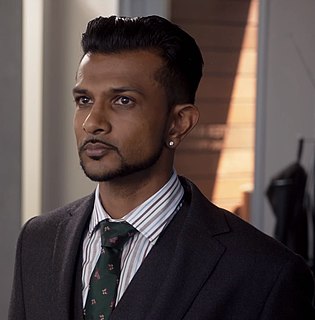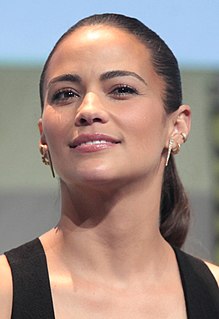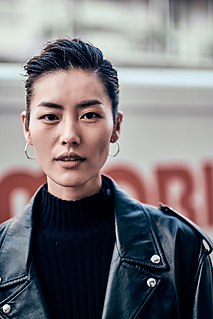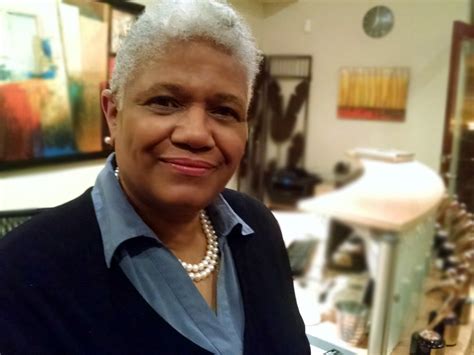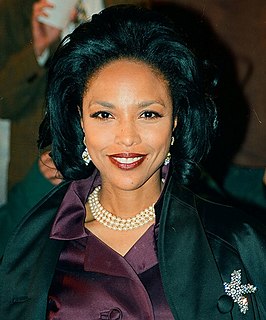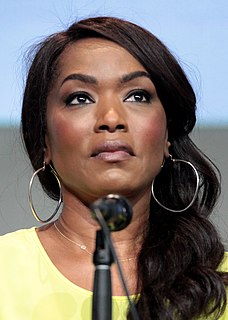A Quote by Utkarsh Ambudkar
It takes time for brown people and people of different ethnicities to get into the Hollywood world, which is predominantly Caucasian and African American.
Related Quotes
That's just like America. It's made up of lots of different people. We're all different colors, different ages, we do different jobs -- but it takes all of us black people, white people, brown people, men and women, young and old, working in the factories, working in the fields, working in offices, working in stores -- it takes a lot of different kinds of people to get the job done for America.
The Academy just reflects Hollywood. And until we break those barriers, until we have African-American or minority studio executives, 'til we have people who are greenlighting movies with African-American actors - the Academy is not going to change until Hollywood changes, so we have to start with Hollywood.
When I looked at 'Dear White People,' you have four African-American students who are all very different and who are trying to figure out who they are. They're dealing with identity issues and crises. That is exciting to me, to see African-American young people on a page, on a screen, who are so diverse and whose stories are all so different.
Too often the media assumes that "poverty" is an African American or a Latino issue. Of course, that's nonsense. While a higher percentage of the African American and Latino population does live in poverty as compared to the white population, when overall numbers are looked at, it is clear that people of all races, ethnicities, and colors, are represented amongst America's poor.
I don't regret the fervor, because I do believe, in the African American community but also for other communities, and I know from talking to people, for communities around the world, the election of an African American to the most powerful office on Earth meant things had changed, and not just in superficial ways. That in some irreversible way the world was different.
When I was a kid, I'd go to the African-American section in the bookstore, and I'd try and find African-American people I hadn't read before. So in that sense the category was useful to me. But it's not useful to me as I write. I don't sit down to write an African-American zombie story or an African-American story about elevators. I'm writing a story about elevators which happens to talk about race in different ways. Or I'm writing a zombie novel which doesn't have that much to do with being black in America. That novel is really about survival.
It's not just the over $8 billion that we would be saving in law enforcement; it's also the over $8 billion that we would be making by taxing marijuana... We are filling our jails with nonviolent drug offenders - predominantly young, predominantly African American... It's a great beyond left and right issue. It has support across the political spectrum and also the support of the majority of the American people.
Making African American films are hard in Hollywood. We need to rely on a support network and bring more cohesion to different filmmakers, actors, producers etc. It's a very difficult business. There aren't a lot of Africans Americans or people of color in high positions in Hollywood that we can green-light films.
I find that people today tend to use them interchangeably. I use African-American, because I teach African Studies as well as African-American Studies, so it's easy, neat and convenient. But sometimes, when you're in a barber shop, somebody'll say, "Did you see what that Negro did?" A lot of people slip in and out of different terms effortlessly, and I don't think the thought police should be on patrol.
I use African-American, because I teach African Studies as well as African-American Studies, so it's easy, neat and convenient. But sometimes, when you're in a barber shop, somebody'll say, "Did you see what that Negro did?" A lot of people slip in and out of different terms effortlessly, and I don't think the thought police should be on patrol.
